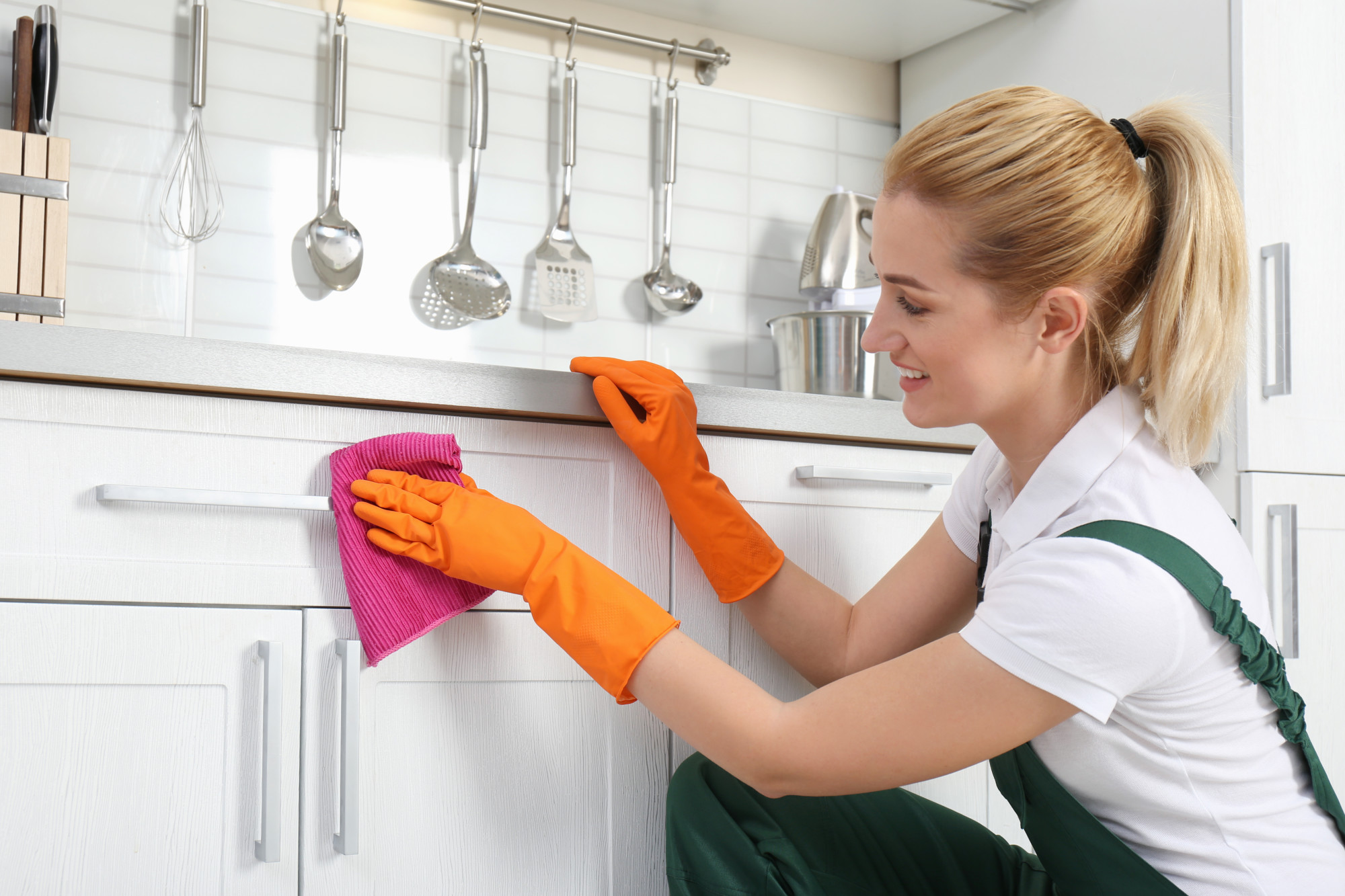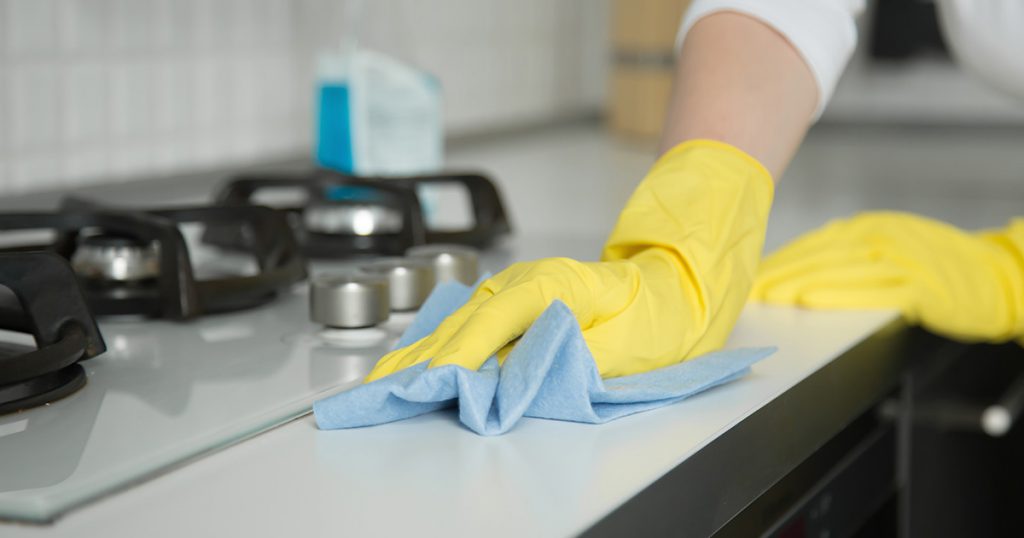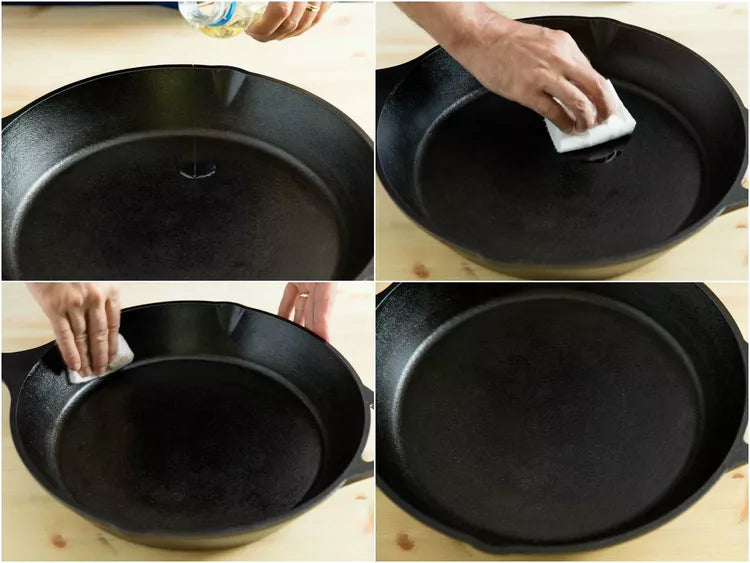Among culinary enthusiasts, the debate surrounding the maintenance of cast iron cookware is ongoing. One question that frequently arises is why should cast iron pans not be washed in a dishwasher? For both novice and expert chefs, understanding how to properly care for these durable, effective pans is essential, especially if you want to maintain their non-stick properties, longevity, and functionality.
Cast iron cookware has gained immense popularity due to its excellent heat retention and even cooking abilities. However, improper washing methods, particularly in a dishwasher, can greatly diminish their quality. In this article, we will delve deep into the reasons why dishwashers are not compatible with cast iron pans and explore the best practices for their care and maintenance.

The Fundamental Properties of Cast Iron
Before we explore the reasons behind avoiding the dishwasher, it is critical to understand what makes cast iron unique. This special type of cookware is known for its heat distribution, durability, and ability to create naturally non-stick surfaces when seasoned correctly. Comprised predominantly of iron, these pans undergo a seasoning process that involves the application of layers of oil. This oil fuses into the pan's surface, creating a protective layer.
However, this protective layer is susceptible to degradation, especially when exposed to harsh detergents and abrasive materials commonly used in dishwashers.
1. The Impact of Dishwashers on Seasoning
The primary concern regarding the use of dishwashers with cast iron pans relates to the seasoning process. The hot water and detergent used in dishwashing can strip the pan of its beloved seasoning. Why is this important? The seasoning not only offers a non-stick quality but also serves as a protective barrier against rust and other environmental factors that can damage the pan. Without seasoning, cast iron is prone to oxidation, resulting in a rusty surface.
2. The Risk of Rusting
Another critical reason for avoiding dishwashers is the increased risk of rust. Cast iron is primarily made of iron, which means it is prone to rust when it comes into contact with moisture. Dishwashers are built to retain water, and even if you think youre drying the pans adequately, there could still be leftover moisture, leading to rust development over time. To read more about maintaining rust-free cast iron pans, check this rusting guide.
3. The Abrasion of Dishwashers
The mechanics of dishwashers involve spray arms that agitate dishes. With cast iron pans, this can lead to scratching or even chipping of the seasoned layer. The non-stick surface formed can be destroyed by any abrasive force, making the pan less effective for cooking. It is a sad reality that many have fallen into this trap, only to find that their favorite pan is ruined after a single wash. This is why kitchen professionals always recommend hand-washing.
4. The Dish Soap Dilemma
Traditionally, it was thought that using soap on cast iron was a no-no, and while some can safely utilize a tiny amount once in a while, dish soap is formulated for cleansing. The surfactants can penetrate the oil layer, unbinding what has been meticulously built through seasoning. It's best to use hot water and a soft sponge or brush, with a bit of salt if needed for scrubbing. Knowing how to clean your cast iron properly can save both your pan and your cooking experience. For more information, check this cleaning guide.
5. Alternatives to the Dishwasher
In light of the aforementioned reasons, kitchen professionals recommend hand-washing cast iron pans only. When cleaning, follow these steps: rinse your pan with warm water, use a non-abrasive scrubber, dry it immediately, and apply a thin layer of oil. This ensures you maintain its functionality and longevity. Many chefs swear by this technique. If you're interested in how to properly clean your cast iron, you can also refer to this guide for more insight.

Frequently Asked Questions (FAQs)
Q1: Can I ever use soap on my cast iron pans?
A1: Yes, but sparingly. A small amount of dish soap can be used, but it is generally recommended to avoid it as much as possible. Opt for hot water and a gentle scrub instead.
Q2: What should I do if my cast iron pan gets rusty?
A2: If rust appears, it can often be salvaged. You can scrub it off with steel wool, and then re-season the pan with oil and heat to create a new protective layer. For further steps, check out this rust removal guide.
Q3: How should I store my cast iron cookware?
A3: Store your cast iron pans in a dry place, and consider placing a paper towel between pans to absorb moisture and prevent scratching.
In conclusion, it is evident that washing cast iron pans in a dishwasher can lead to multiple issues, ranging from ruined seasoning to increased rust risk. To ensure the longevity of your cookware and maintain its prized properties, sticking to hand-washing is not just a good habit but a necessity for kitchen professionals.
This article contains affiliate links. We may earn a commission at no extra cost to you.





Leave a comment
This site is protected by hCaptcha and the hCaptcha Privacy Policy and Terms of Service apply.